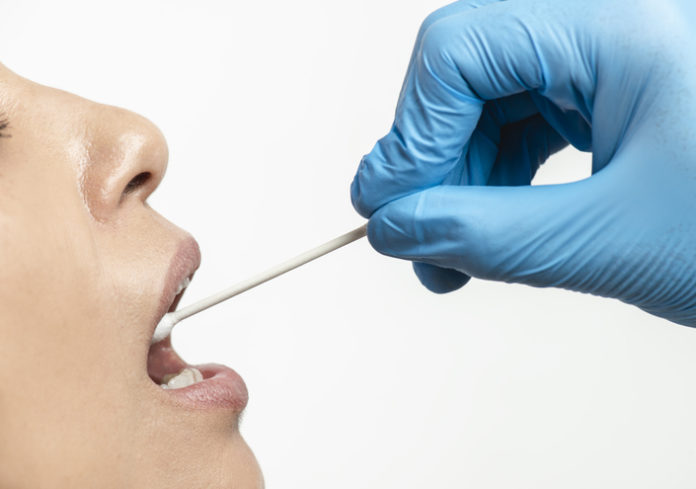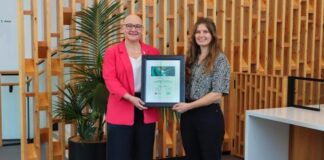Frontline border workers will soon be able to choose regular saliva testing as a full replacement for nasopharyngeal testing, COVID-19 Response Minister Chris Hipkins announced today.
The Minister said saliva testing will be expanded as an option for all those on a regular testing cycle under the Required Testing Order.
It will start with those on a 7-day testing cycle from mid-August, and be expanded over several months to include the rest of the estimated 13,000 estimated active border workers.
“The Ministry of Health’s advice is that saliva testing is an increasingly viable and reliable method for public health surveillance purposes,” Mr Hipkins said.
“The workers – many of whom are on rotating shifts – will also be able to undertake the testing directly at their workplaces, making access even easier. This will help boost uptake of saliva testing as a testing option for those who have to do it regularly.
“We’ve had very little COVID-19 in New Zealand, however a single missed infection could have a significant impact on the community.
“Regular saliva testing can shorten the time between someone contracting the virus and it being picked up meaning we can get on top of managing it much more quickly.”
He said extending saliva testing to more border workers was a key part of New Zealand’s overall approach to help keep its borders, and frontline border workers and their families safe.
“By offering this an alternative, we’re helping border workers who have frequent testing and find having a swab inserted in the nose very uncomfortable and hard to tolerate,” the Minister said.
A prototype to test the processes for regular saliva testing is currently underway in Canterbury.
“This has helped to inform the expansion from here, including around border worker shift patterns, preferences and what will encourage uptake,” Mr Hipkins said.
“The initial concept has been adapted so that in most cases workers won’t need to be tested outside of their shift patterns and they can get the job done at work. If they’re on leave, we’re also aiming to make participation easier and less demanding.”
He said the Ministry of Health has provided assurance that the selected saliva testing provider has the capacity, flexibility and experience to provide the service from mid-August as part of New Zealand’s complementary testing regime within the broader surveillance programme.
“Public health, science and clinical advisors will continue to monitor and regularly review our approach as we undertake a phased roll out of saliva testing to border workers.”
“Saliva testing is increasingly emerging as a key part of the toolkit in New Zealand and abroad,” Mr Hipkins said.



